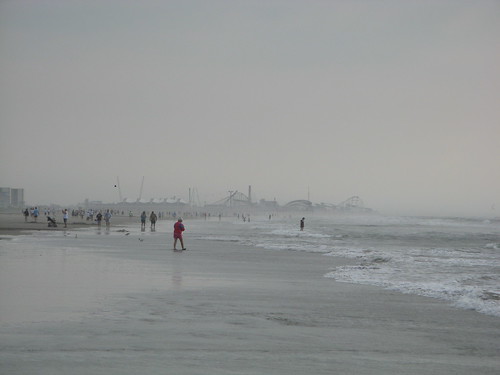San Francisco Schedule
Published 18 years, 5 months pastAmongst all the travel, there’s been a metric ton of backstage work going on. This is generally true of me these days, which is why posting has fallen off in 2007. Unfortunately, it’s meant that I’ve been lax about keeping you folks up to date on what I’m up to—and also to keep you informed about An Event Apart, which is what accounts for most of that backstage work.
For example: last week, we announced publication of the complete schedule for AEA San Francisco, which will be 4-5 October 2007, and I didn’t say a word here. I should have; honestly, it’s amazing. I already want to see it.
I know, I say that every time, but it’s always true. One of the things that makes me proudest about AEA, and that makes me continue to work hard on AEA, is that it fulfills one of the core requirements Jeffrey and I set out: to create the kind of event we’d want to attend. I’m not satisfied with an AEA show unless I can look at it—and I mean all of it, from the schedule to all the organizational details that aren’t always obvious—and say, “I would pay money out of my own pocket to see this show”.
And so far, I’ve always been satisfied.
So we end the 2007 series with another great lineup and incredible set of talks in San Francisco, and it makes me proud all over again. I hope you can be there to see it.
